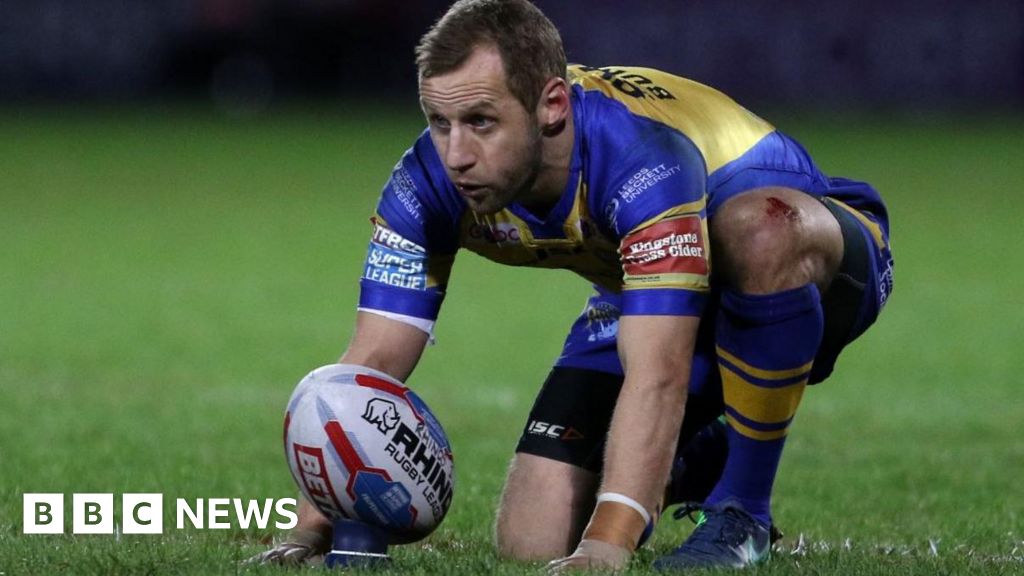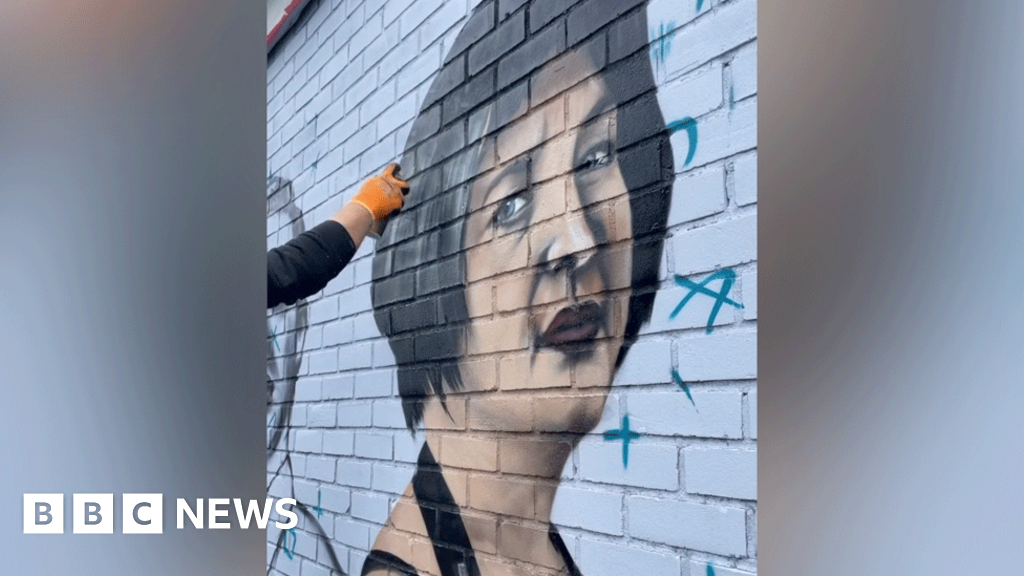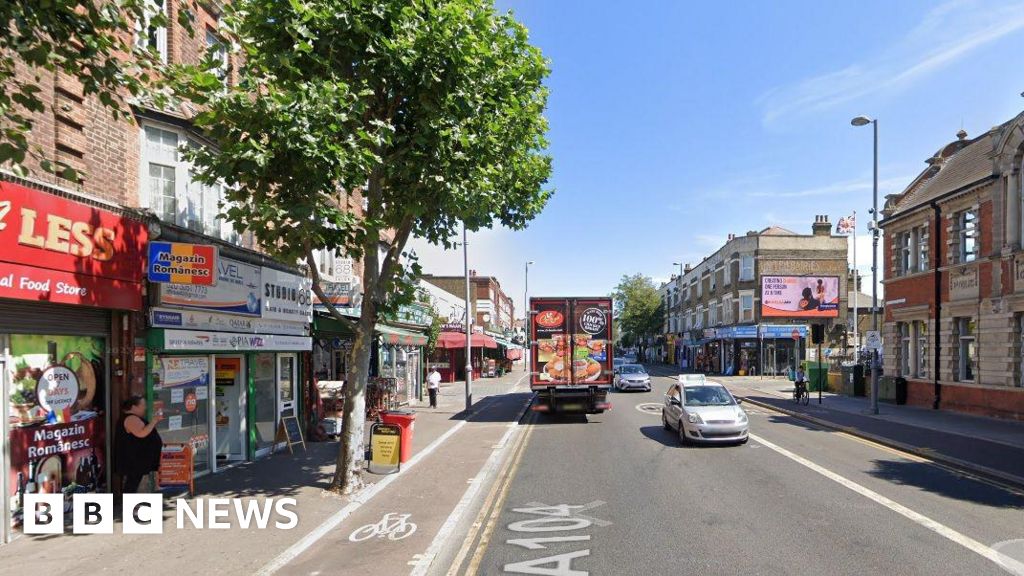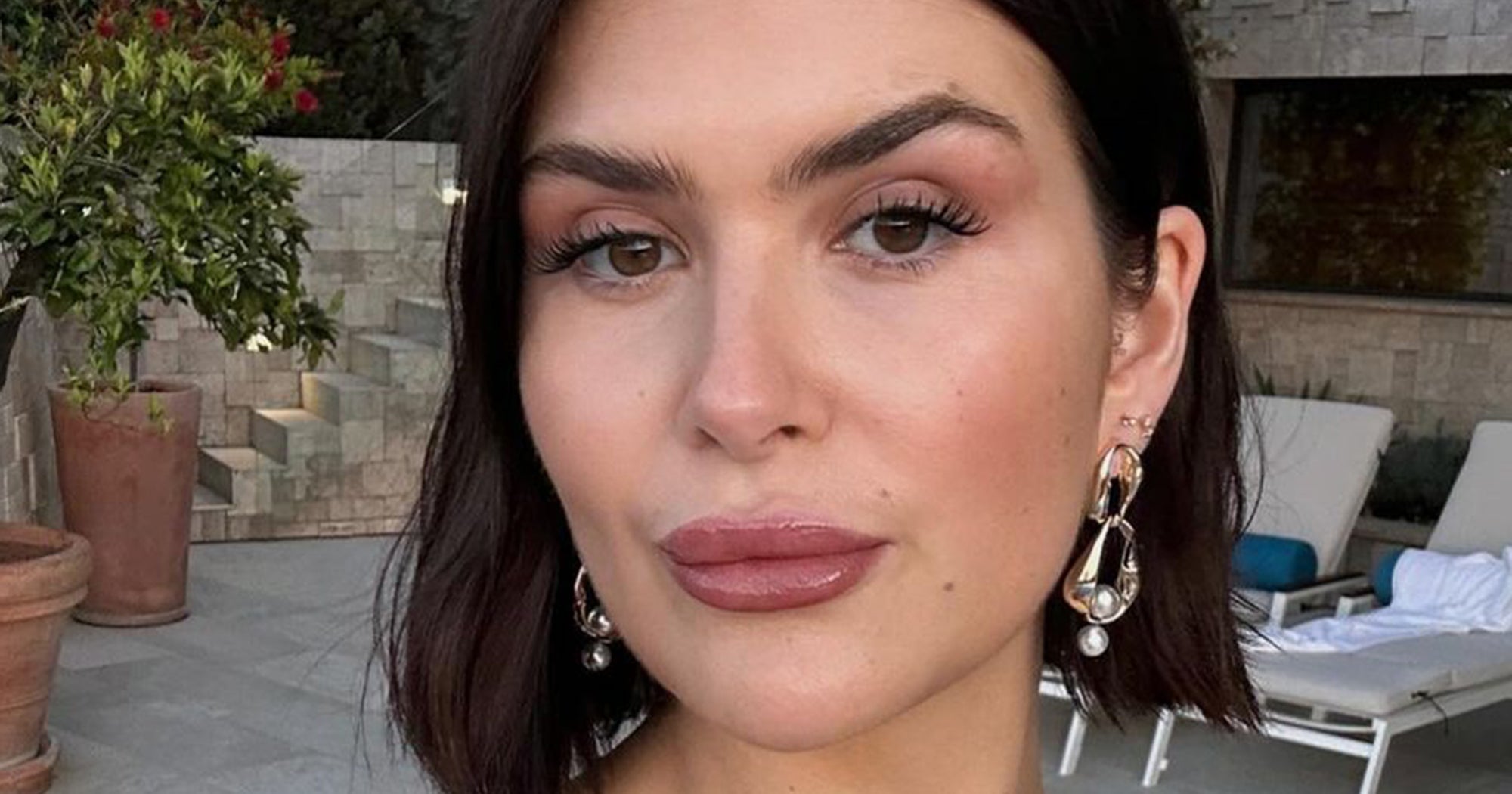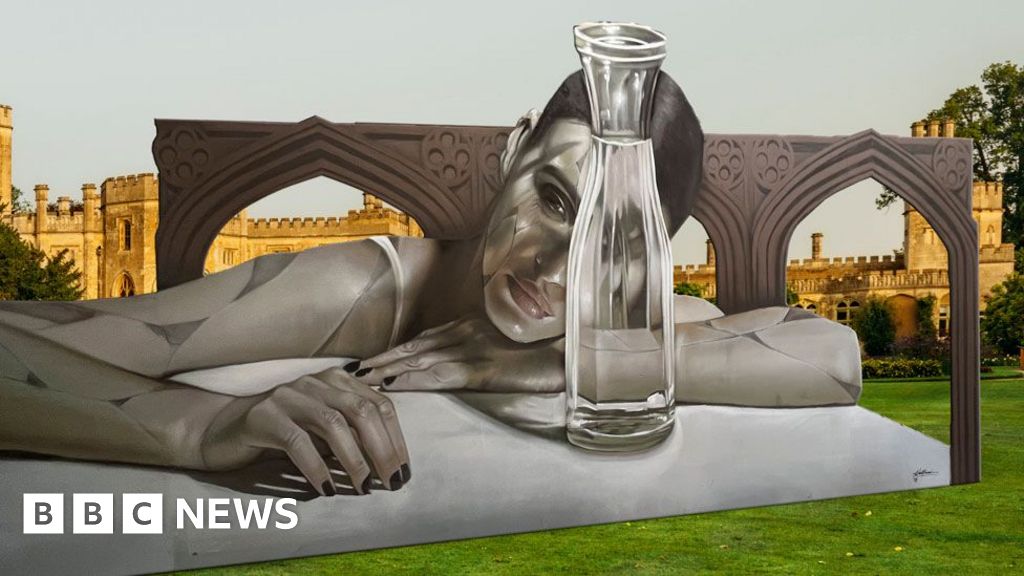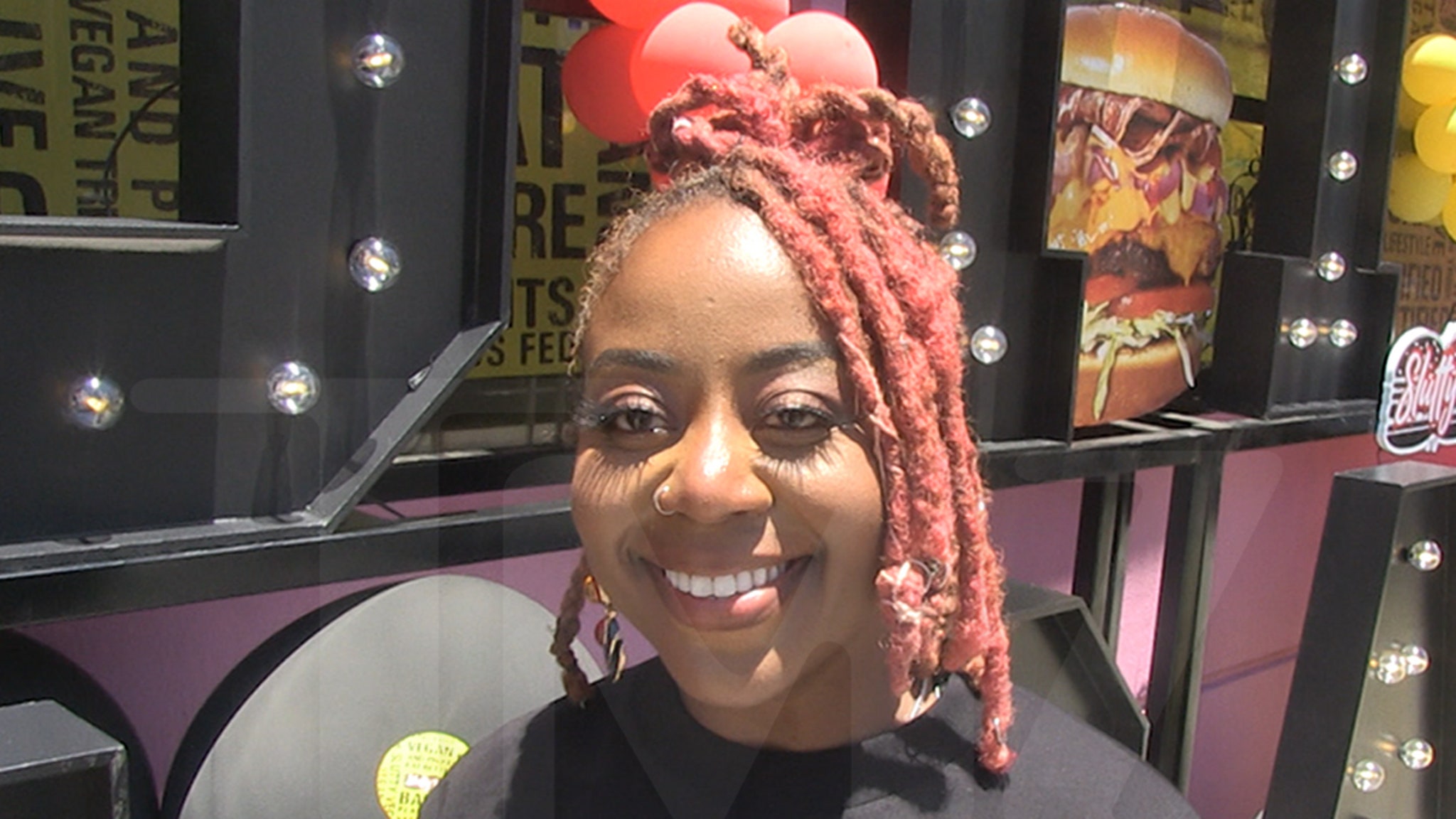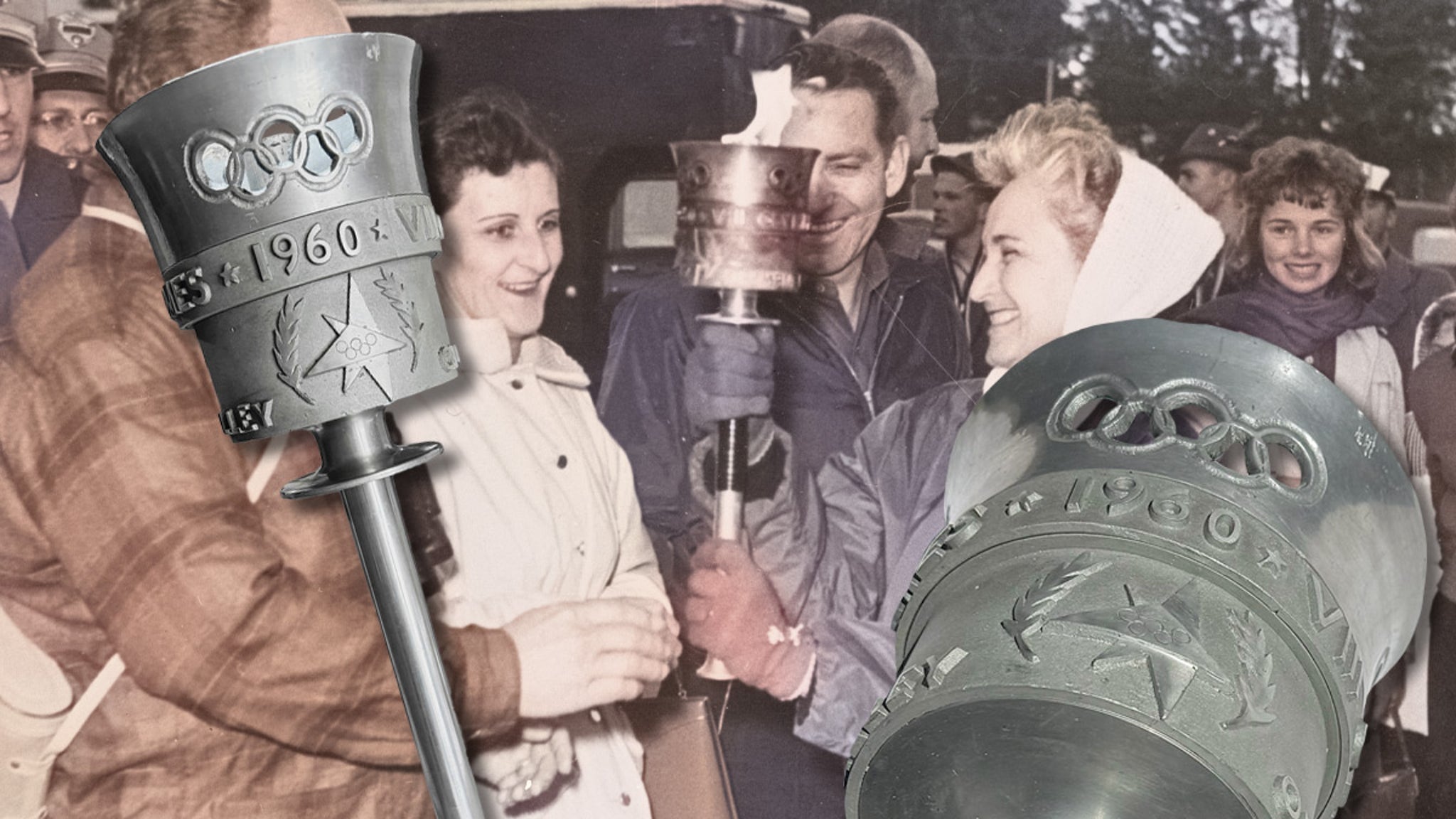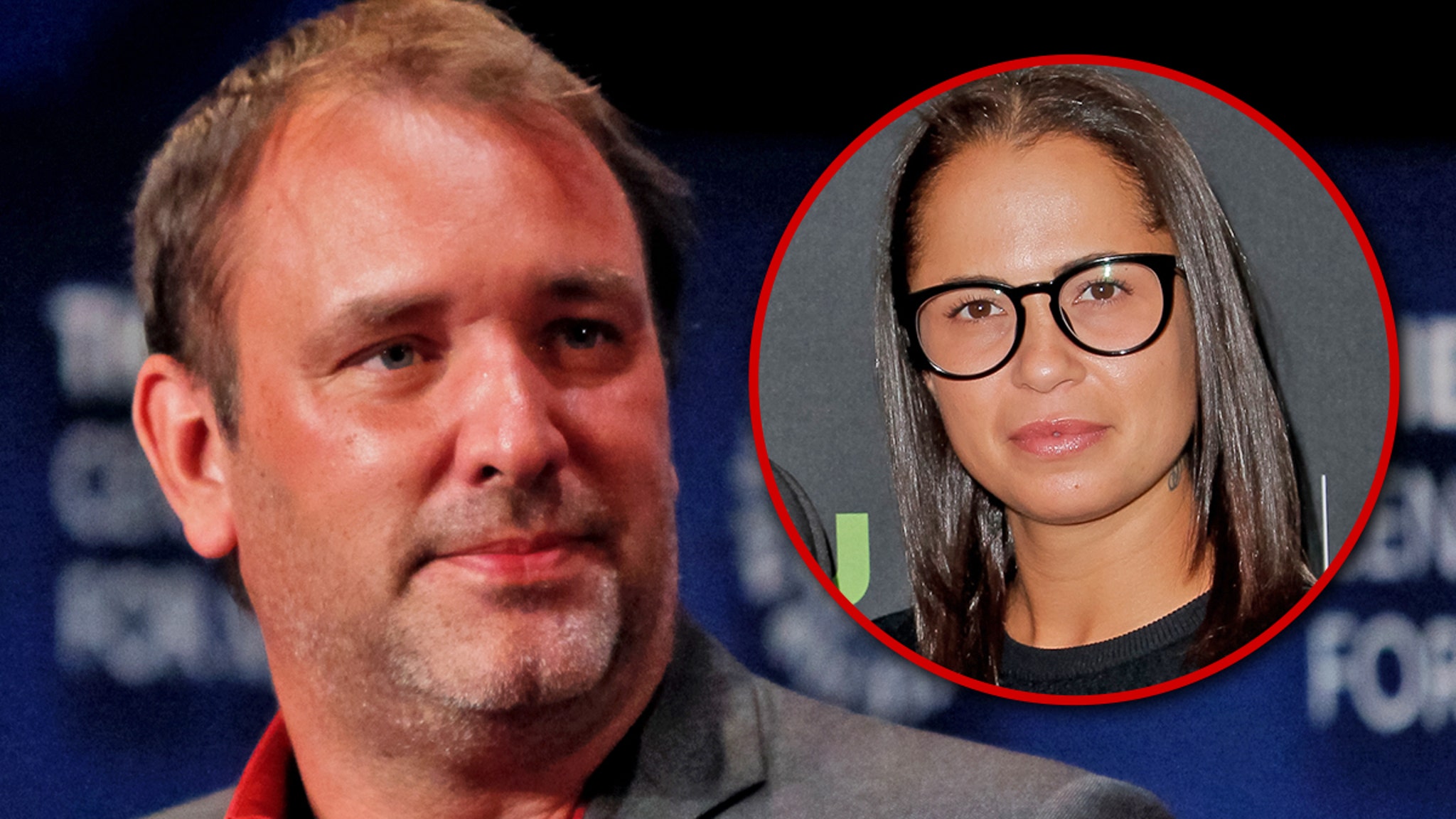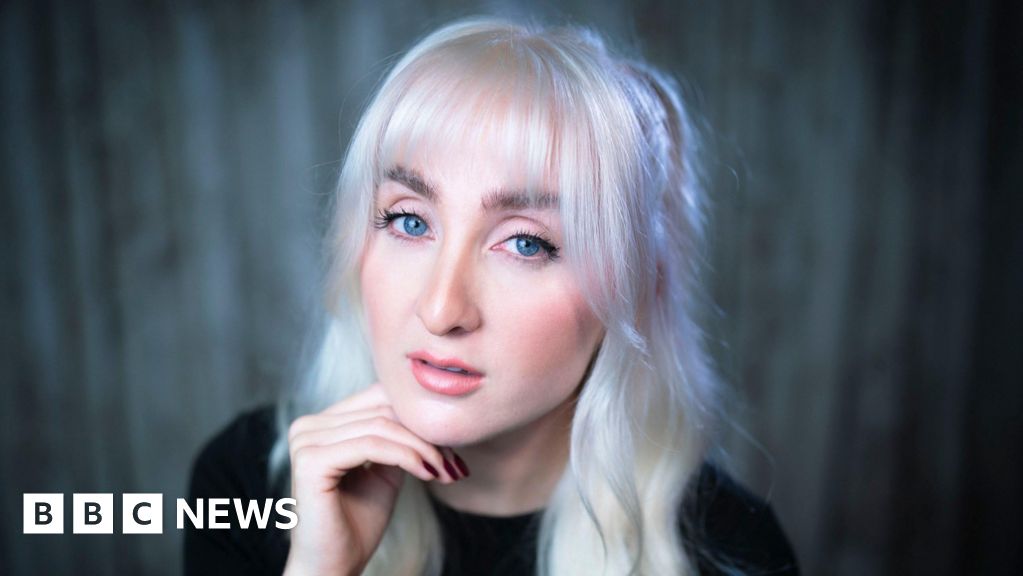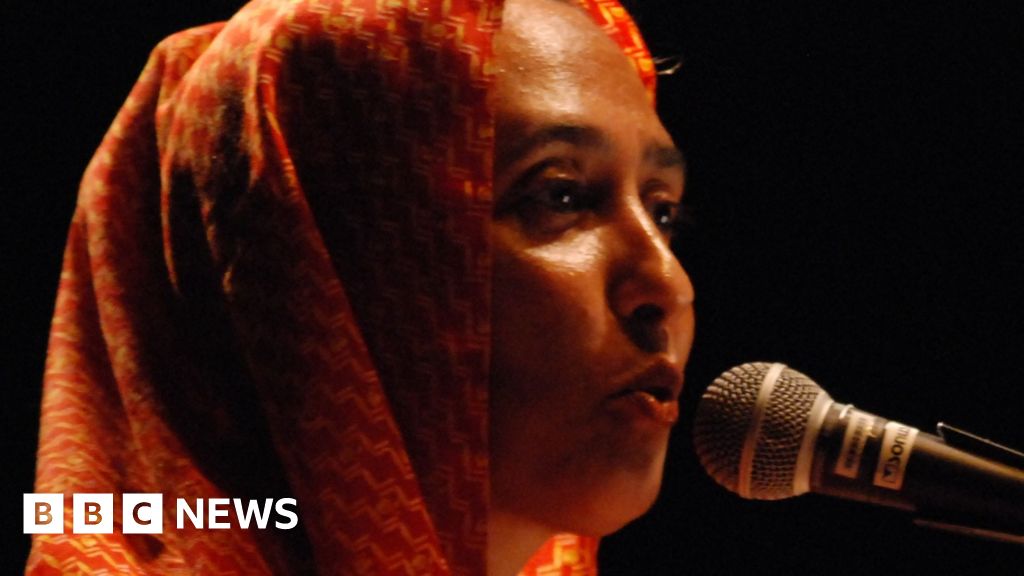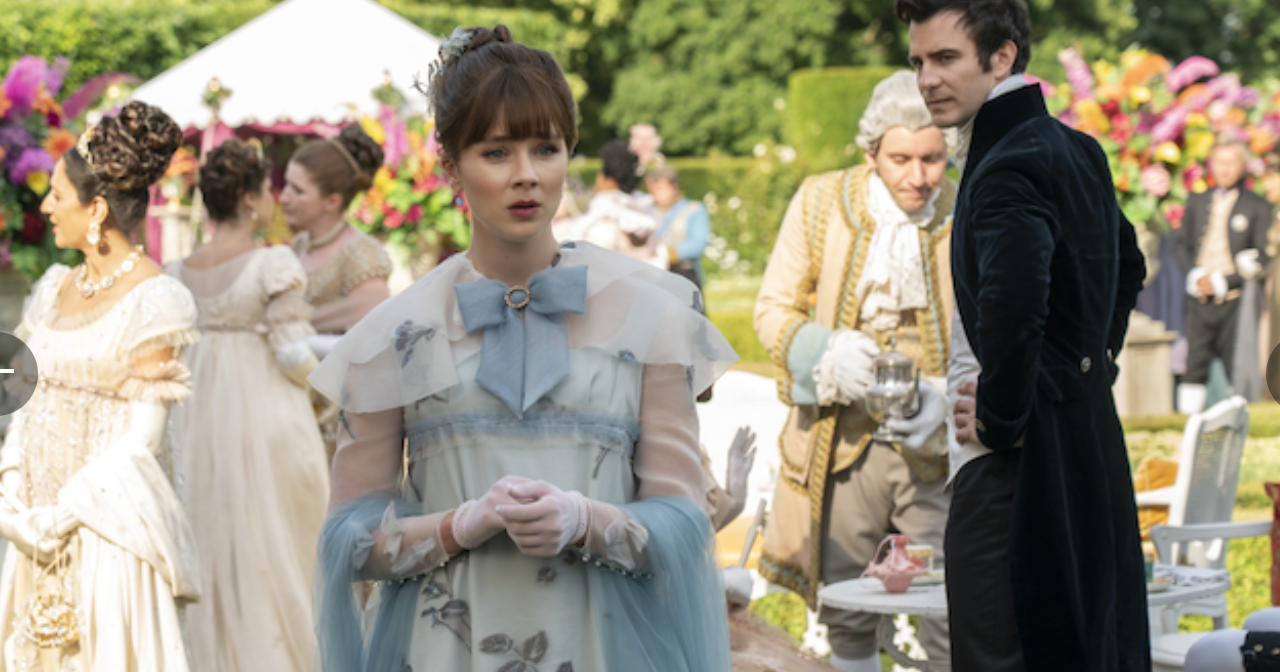'Bridgerton' Season 3 looks at the sexist links between romance and 'financial security' for women
Penelope Featherington (Nicola Coughlan) creates her own financial security in "Bridgerton" and it impacts her relationship. Here's why.


One of the best lines from Bridgerton’s third instalment undoubtedly comes from one of the season’s MVPs: the series’ answer to Kris Jenner, Portia Featherington (Polly Walker).
"You know what is romantic? Security," she scoffs at her daughter Penelope (Nicola Coughlan) dismissing her dreams of a storybook romance as an ultimate goal. Of course, Bridgerton is set in the Regency era, but this line resonates throughout the season.
Penelope (aka Lady Whistledown) is one of the only women of the Ton with her own financial means beyond marriage or inheritance — a covert state of independence she shares with her friend, modiste Genevieve Delacroix (Kathryn Drysdale). Penelope's work as a secret gossip columnist brings in more money than the Bridgerton men could fathom, and yet, she is still compelled to “take a husband”, as a means of escaping her family and continuing to conceal her earnings.
When Colin discovers Penelope’s identity, alongside his disdain for her reporting on matters relating to him and his family, he reveals a level of jealousy. An aspiring writer himself, Colin shows an inability to accept his fiancée's publishing success, her skill as a wordsmith, and the fact that her work means she can afford to pay Cressida Cowper (Jessica Madsen) thousands of pounds in blackmail money — without his help. "What good am I to you?" Colin asks repeatedly, believing his worth in a relationship is defined by his ability to take care of her — financially, and in terms of her social standing by marrying her. To Colin, if his wife-to-be doesn't need him — his money, his status, his apparent superior intellect — he is unsure what his role is in the relationship. And it's really Penelope's female friends Genevieve and (eventually) Eloise Bridgerton (Claudia Jessie), not her husband, who support her in reclaiming the authority she's worked so hard to establish.
Why is Colin actually mad at Penelope in Bridgerton?

In Bridgerton Season 3, Part 2, we see Colin angered by Penelope's writing and its real-world impact, but we also see him feel threatened by and envious of her success. While her accomplishment as Whistledown, a position Eloise deems as having "nearly as much power as the Queen", could be viewed as an empowering example to set for other women of the Ton in pursuit of security — financial or otherwise — we instead see Colin react by imposing his insecurities on Penelope. When Penelope suggests she uses her earnings to pay Cressida off, Colin appears possessive and proud, telling Penelope "it is not up to you" what happens and decides to take the situation into his own hands — and in doing so, makes it much worse. While Colin eventually admits his jealousy of Pen's power, even celebrates it in the series finale, initially all he sees is how Penelope’s secret identity and financial success disempowers him.
What Colin didn’t realise is that security in a relationship must be cultivated mutually through trust and support, and separately, through two individuals feeling empowered to pursue their own successes and dreams. Portia, emblematic of Regency repression, tells her daughter: "Ladies don't have dreams. They have husbands." This frustrating, unprogressive dynamic isn't contained to the Regency period, and persists in the modern day, unfortunately.
It's not just Regency women hiding their success

Studies have shown that women who have a “higher social status” are much less likely to be successful in romantic relationships. And for those in heterosexual relationships, a woman’s professional, financial, or social success can impact a man’s self-esteem and mental health, as well as a woman’s motivation to follow her dreams, says clinical psychologist Dr Sarah Bishop.
“According to a study in the Journal of Personality and Social Psychology, men’s self-esteem can significantly suffer when they perceive their partner as outperforming them, potentially leading to mental health issues such as depression,” she explains. “On the other hand, the fear of straining relationships may cause women to downplay their achievements, as highlighted by research in the American Economic Review. This can result in career stagnation and unrealised potential.”
Women’s temptation to hide their achievements and not strive for their own financial security is horrifying when it comes to the huge disadvantage we then suffer on top of grappling with a gender pay gap and a cost of living crisis.

In Bridgerton, women not only conceal their independent means, but are punished for seeking it at all. Cressida Cowper’s character arc this season is a prime example of a woman resorting to pragmatic means to achieve financial security — and being disciplined for it. After being told that her father will be cutting off her allowance if she doesn’t find a husband, she uses petty and competitive means to try and win over Lord Debling (Sam Phillips), before being forced into an arranged engagement with a man three times her age. Desperate for a way out and with a plan to leave the Ton for Europe, she's inspired to impersonate Lady Whistledown and resorts to blackmail to try and generate the wealth needed to secure her freedom.
Of course, she is unsuccessful, but she is also vilified and shunned for attempting to do so. Arguably, the only difference between Penelope and Cressida is that Penelope succeeded in finding her financial means and social status. Cressida did not and subsequently was shipped out of society, no longer viewed as a viable marriage match by men of the Ton. It begs the question, historically and today, would a man be subjected to the same social isolation and rejection for pursuing financial security?
Pressure to conceal success or provide can hurt both parties in a relationship

In Bridgerton storylines and the present day, this insecurity, jealousy, and requirement from men to be “needed” in a relationship, and women subsequently turning to pragmatic needs and being shunned or disrespected for their ambitions and successes “reflects deeper societal inequalities and norms that impact women's opportunities and choices,” according to counselling psychologist Dr Rina Bajaj.
She adds that women may “downplay or sacrifice their career ambitions to maintain harmony in their relationships”, just like Penelope is tempted to do on the show. Except we’re living in 2024, not the 1800s.
"Fear of surpassing their male partners can lead to women settling for less demanding roles or not pursuing promotions."
“Fear of surpassing their male partners can lead to women settling for less demanding roles or not pursuing promotions,” Bajaj explains. “This self-limiting behaviour can hinder women's professional growth and contribute to broader societal patterns of gender inequality in the workplace.”
According to Bishop, these sexist dynamics “often stem from societal conditioning and personal insecurities”. Rajaj adds that men may feel threatened when comparing themselves to a partner, a reaction that is “heightened in a society that often measures success through financial and career achievements.” Fears of rejection or abandonment can also be tied up in self-worth, alongside the deeply ingrained social pressure for men to provide.

At their core, these dynamics are indicative of engrained social norms that are sexist, patriarchal, and don't serve anyone or their relationships. A man’s worth is much more than his ability to provide and a woman’s worth is much more than her ability to limit herself according to what might threaten her partners’ social and financial standing.
Of course, Bridgerton’s portrayal of this particular issue is specifically focussed on the dynamic of a heterosexual relationship, despite its hints at queer storylines approaching for subsequent seasons. While Bishop points out that queer couples may be able to negotiate these dynamics in a more fluid fashion as they are not as tightly bound by traditional gender norms, Bajaj insists that these relationships “can also face issues related to power dynamics, though they may not always align with traditional gender roles”. These issues may still stem, though, from income disparities, or differences in social status and expectations.
“Issues of power and inequality might manifest differently compared to heterosexual relationships, but they still require attention and resolution,” she says. “Just as in heterosexual relationships, promoting equality and mutual respect is crucial. Partners should strive to understand each other's experiences and support each other’s personal and professional goals.”
What's the solution?

So how can we challenge these stereotypes and norms that promote a sexist attitude towards women's pursuit of their own financial stability and success?
“To reduce these dynamics in heterosexual relationships, it's crucial to challenge traditional gender roles and promote equality,” Bajaj says. “Both partners should support each other’s career and personal aspirations. This includes celebrating achievements, providing emotional support during challenges, and making joint decisions that consider both careers."
She adds that actively rejecting such stereotypes about what men or women “should” be doing in their lives and relationships, and embracing a “more flexible approach” can help create more equal relationships.
Featured Video For You
It is also imperative that partners give each other space to “maintain individual identities”. In the case of our Bridgerton couple, we see some form of resolution at the end where Colin supports Penelope’s columnist role and her decision to stop writing anonymously, as they build a family together. Bajaj advises that “engaging in activities that are personally fulfilling” can encourage “balanced interdependence, where you support each other whilst also nurturing your individual growth”.
The portrayal of these problematic dynamics on a popular TV show proves the pervasive nature of these attitudes but also gives viewers the opportunity to identify if they may be experiencing a similar issue in their relationship.
“Seeing characters confront and navigate gender inequalities can inspire viewers to take action in their own relationships or advocate for societal change. It can encourage individuals to challenge stereotypes and strive for more equitable partnerships,” Bajaj says.
Essentially, Portia Featherington was right — security in a relationship is definitely romantic. But that security must be mutual, so that women feel free to pursue passions and earn as much money as they see fit, without being concerned for the success of their romantic relationships and the ego of their partners.
They should feel emotionally supported in doing so, a whole other type of security that is perhaps not as normalised in Bridgerton-era or modern society. In a relationship, there can be no security, equilibrium, or sound foundation without acceptance of each other's power, strengths and successes.
Perhaps, with this latest chapter, and the problems Colin and Penelope face, will inspire more women to strive for more — from themselves, career wise, and their relationships.
"While Bridgerton is set in the past, it also celebrates progress by portraying characters who challenge societal norms and strive for equality," Rajaj says. "This can inspire hope and optimism about the potential for positive change in relationships."
What's Your Reaction?




















